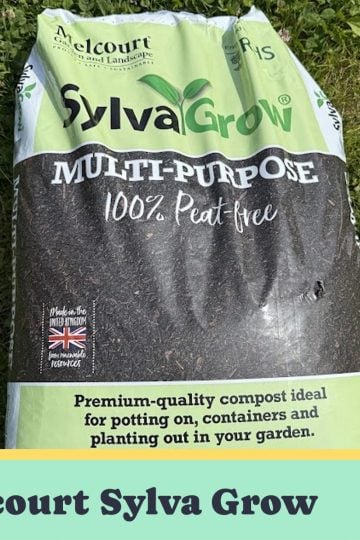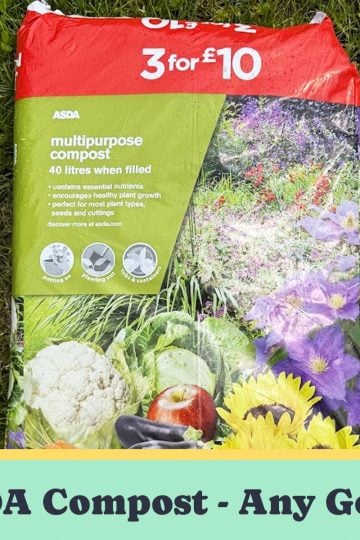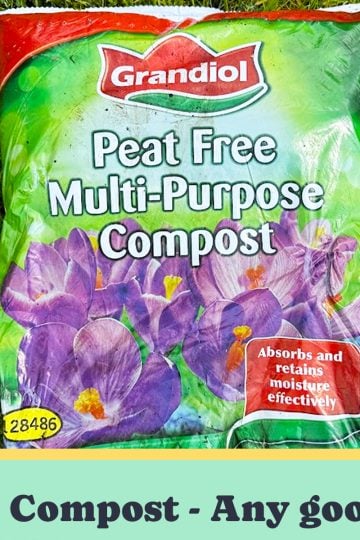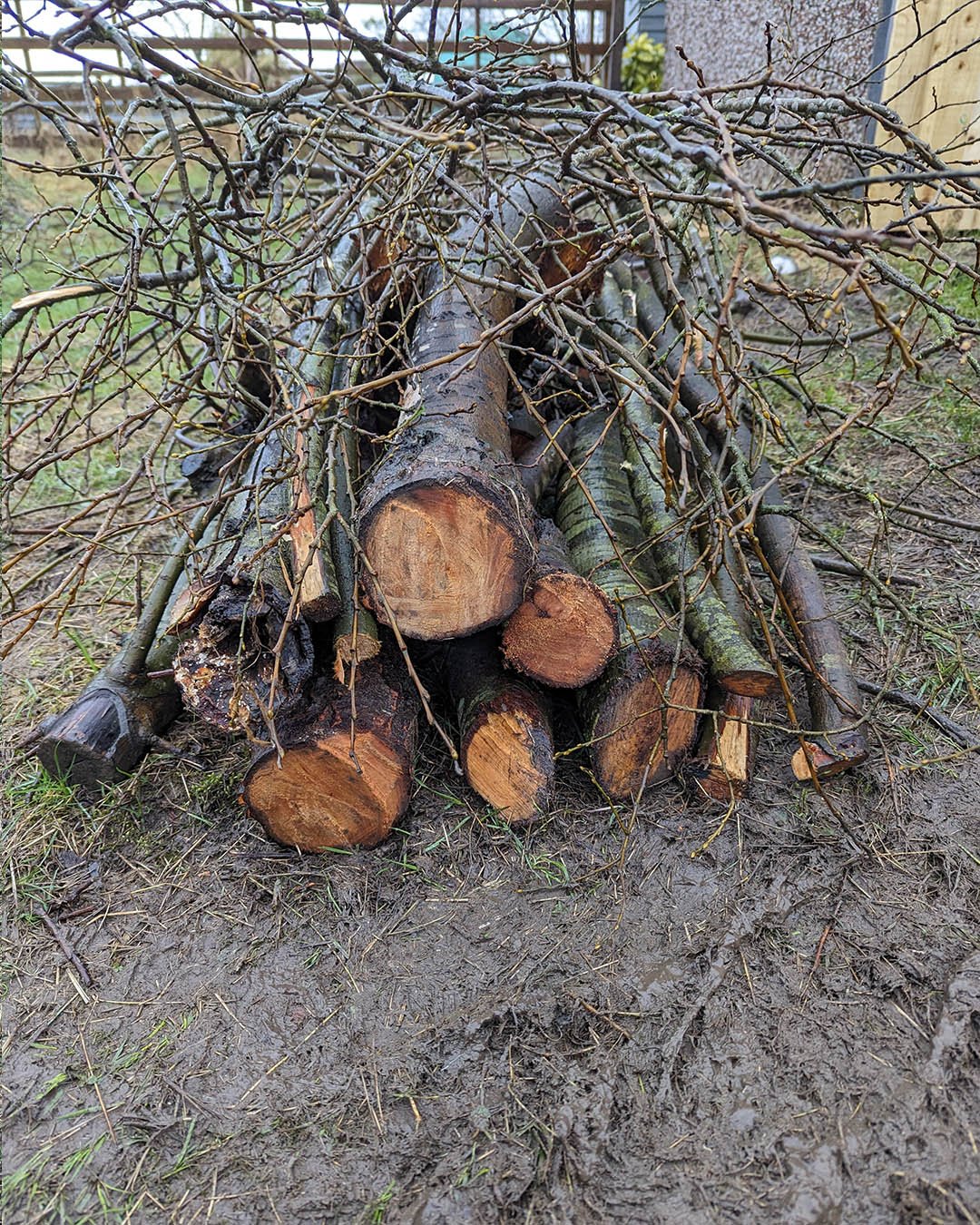Patient Gardener + Member?
Read the article here 100% ad free!
We all love a bargain compost, but they are not always the best quality. So I decided to buy a couple of bags of this Aldi compost and put them to the test. What does the compost look like? What are the nutrient levels like? Do plants grow well in it? In short - is it any good?
Watch The Video
This article is available as a video, too. If that's more of your thing, watch it below.
Looking Through
As I poured out the contents of Aldi's compost, it looked fairly familiar. Packed with bits of wood, it’s reminiscent of many peat-free options out there. In Aldi's mix, these bits smean the compost is still breaking down, contributing to a nitrogen drawdown.

What I was very happy to see was the absence of foreign objects. No plastics, no shards of glass, which, if you've tried other brands, you know isn't always the case! This compost has either been meticulously screened or crafted without the use of green waste. For such a low-cost product, this level of purity is commendable.
Nutrient Testing
Equipped with a high-grade soil test kit, my shed became a temporary laboratory. First on the list was nitrogen.
Here we got what I would say is a medium result, definitley not a dark enough pink to be high but way above low.

Phosphorus was high, its test veering into very dark blue, it shows just how nutrient-rich Aldi's mix is when it comes to encouraging root development and flower blooming.

Finally, it was time to test potassium with a turbidity test. The turbidity test showed High (with this test your looking to see if you can see the square through the liquid rather than the colour. If you cant see anything through the liquid then it is a high result) - another fantastic result, but the reason for this becomes clear when you look at the packet. Nutrient-enriched, so it has some sort of fertiliser in it, which is why all the results are good.

The Growth Test
The ultimate proof of good compost comes from the growth it fosters. I set up a comparative test with regular Aldi and seaweed-enriched Aldi compost and some cucumber plants. This test is still very much ongoing as the plants are still very young but it has thrown up an interesting result already.

On the left in the photo above are the Aldi compost with seaweed (the more premium version of the one we are testing) on the right is the regular Aldi compost we are testing today.
The standard Alid mix cucumbers are vibrant green, healthy-looking plants. Yet surprisingly, its seaweed counterpart showed hints of yellowing—a potential nitrogen deficiency, perplexing in a supposedly more premium enriched product.
Is It Any Good?
In the grand scheme, Aldi's compost is genuinely decent. It provides plenty of nutrients for a modest price, exceeding what most budget composts will offer. Its woody bits are part of the deal with cheaper peat-free solutions, yet its zero foreign objects is well above many of the other cheap composts I have tested.
Yet, if organic gardening is your path, be cautious. The enriched element almost certainly means this is using a synthetic fertiliser, although that aspect won’t bother every gardener.





MARTIN WRIGHT says
As a former professional grower that used to mix up and sell my own composts I can say the following. When customers stopped buying my compost because it was a mixture of sedge peat, sphagnum moss peat and top soil with several handfuls of basic fertiliser all I sold cheaper than proprietary composts I just grew plants for my own pleasure. I`ve tried Aldi`s compost and can only say it`s a load of rubbish with lumps of wood and undecomposed branches together with what can only be described as a mixture of road sweepings with bits of wire, odd bits of plastic and unidentified objects. The compost so called is also hard lumpy and needed breaking up with a lump hammer. As for growing plants well it seems to grow assorted weeds quite well all on its own. NEVER AGAIN will I be wasting my time and money on this rubbish.